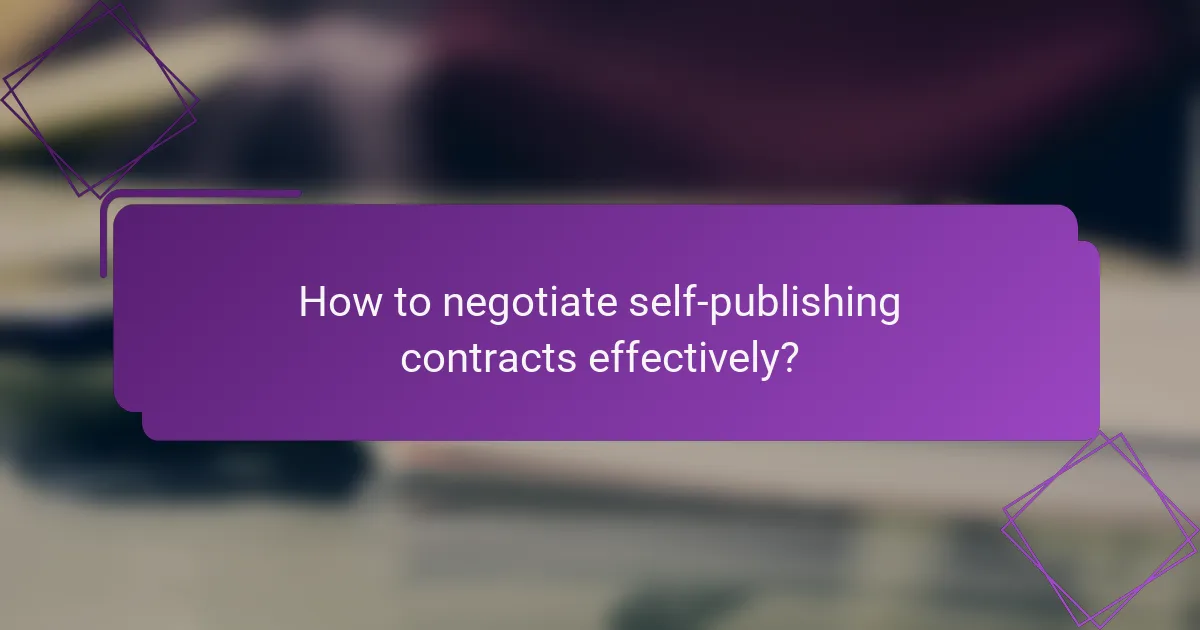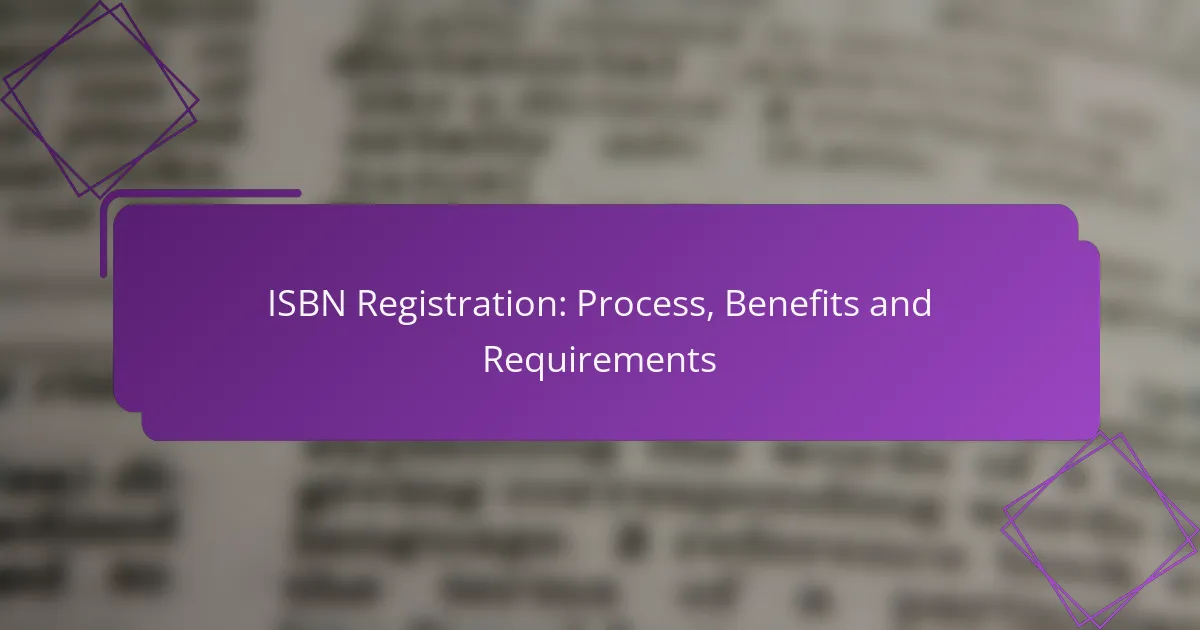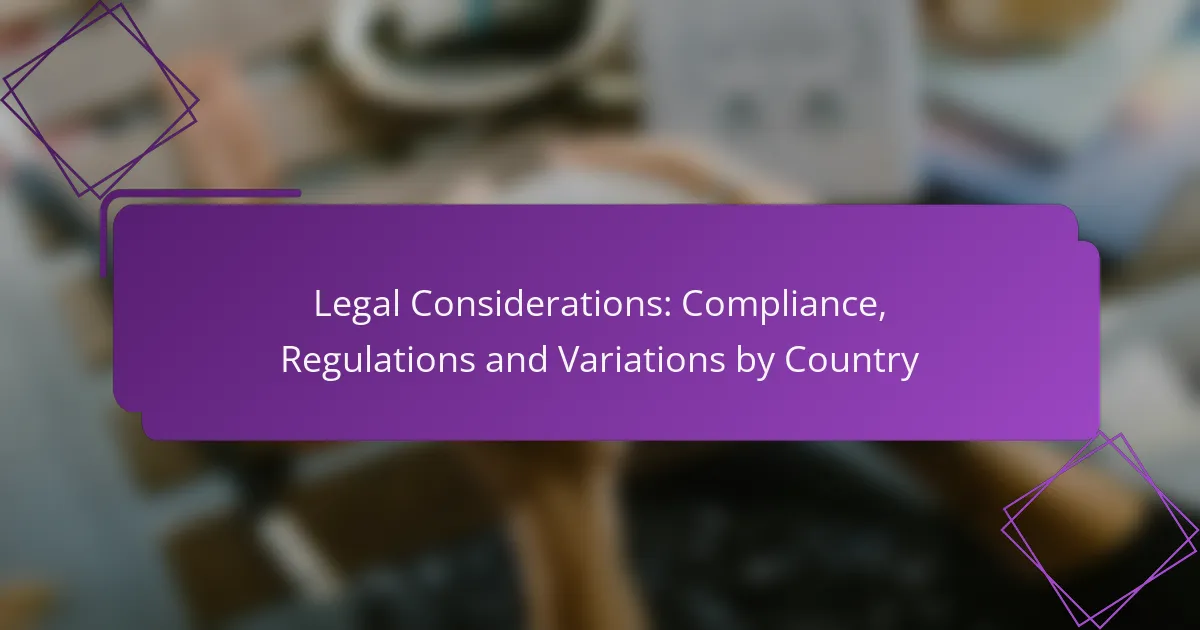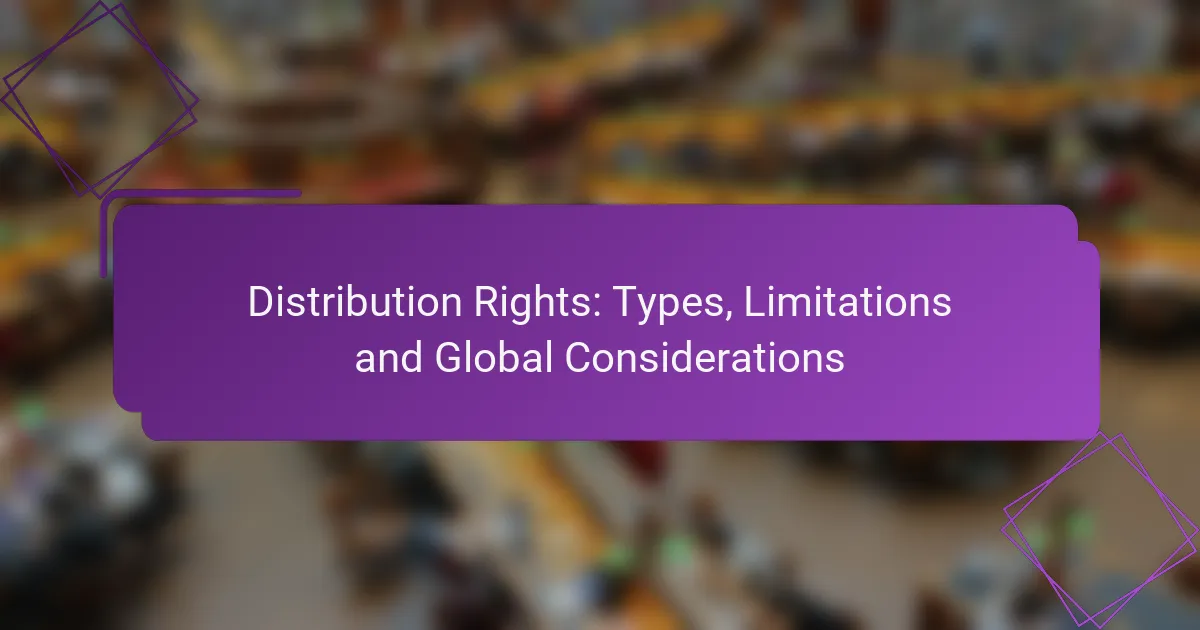Self-publishing contracts can present significant challenges that may affect an author’s rights and financial outcomes. By recognizing common pitfalls and understanding essential clauses, authors can negotiate more favorable terms and safeguard their interests in the publishing process.

What are common pitfalls in self-publishing contracts?
Self-publishing contracts often contain pitfalls that can significantly impact an author’s rights and earnings. Understanding these common issues is crucial for authors to negotiate better terms and protect their interests.
Ambiguous rights clauses
Ambiguous rights clauses can lead to confusion about what rights an author retains versus what they grant to the publisher. For instance, if a contract states that the publisher has the right to “distribute” the book without specifying the format or territory, it may allow them to exploit the work in ways the author did not intend.
Authors should seek clarity on rights related to print, digital, audio, and foreign editions. It’s advisable to include specific language that defines the scope of rights granted and retains as many rights as possible for future opportunities.
Unfavorable royalty structures
Unfavorable royalty structures can significantly reduce an author’s earnings. Many contracts offer royalties that are a percentage of the publisher’s net revenue, which can be lower than expected due to various deductions.
Authors should negotiate for a higher percentage or a more favorable calculation method, such as a percentage of the retail price. Understanding the typical royalty rates in the industry can help authors assess whether the offered terms are competitive.
Excessive termination conditions
Excessive termination conditions can trap authors in unfavorable agreements. Some contracts may include clauses that make it difficult for authors to terminate the contract, such as requiring lengthy notice periods or specific conditions to be met.
Authors should look for reasonable termination clauses that allow them to exit the contract if the publisher fails to meet certain obligations, such as timely payments or marketing efforts. Clear exit strategies are essential for maintaining control over one’s work.
Hidden fees and costs
Hidden fees and costs can erode an author’s profits and should be scrutinized carefully. Some contracts may include charges for editing, cover design, or marketing that are not clearly outlined upfront.
Authors should request a detailed breakdown of all potential costs associated with the publishing process. It’s wise to negotiate terms that limit or eliminate these fees to ensure transparency and protect earnings.
Non-compete clauses
Non-compete clauses can restrict an author’s ability to publish other works during or after the contract period. These clauses may prevent authors from releasing similar content, which can hinder their career growth and income potential.
Authors should negotiate the terms of any non-compete clauses to ensure they are reasonable in duration and scope. Limiting these clauses to specific titles or a short time frame can help maintain an author’s ability to publish freely.

How to negotiate self-publishing contracts effectively?
To negotiate self-publishing contracts effectively, focus on understanding the terms and conditions that impact your rights and earnings. Clear communication and preparation can significantly enhance your negotiating power.
Research industry standards
Understanding industry standards is crucial when negotiating self-publishing contracts. Familiarize yourself with common practices regarding royalties, rights, and distribution. This knowledge helps you identify reasonable terms and avoid unfavorable agreements.
For instance, typical royalty rates for self-published authors range from 30% to 70% depending on the platform. Knowing these figures allows you to negotiate confidently.
Consult with a literary attorney
Engaging a literary attorney can provide invaluable insights during contract negotiations. These professionals understand the nuances of publishing agreements and can help you interpret complex legal jargon.
While hiring an attorney may incur costs, their expertise can save you from costly mistakes in the long run. Look for attorneys who specialize in publishing law to ensure you receive the best advice.
Prioritize key terms
Identify and prioritize the key terms that matter most to you in a self-publishing contract. Common areas of concern include royalty rates, distribution rights, and termination clauses.
For example, if retaining rights to your work is essential, make sure the contract reflects that. Create a checklist of non-negotiable terms to guide your discussions and ensure your interests are protected.
Practice negotiation techniques
Effective negotiation requires practice and strategy. Familiarize yourself with techniques such as active listening, assertiveness, and framing your requests positively. These skills can help you communicate your needs clearly and persuasively.
Consider role-playing negotiation scenarios with a friend or mentor to build confidence. This preparation can help you anticipate counterarguments and respond effectively during actual negotiations.

What key clauses should be included in self-publishing contracts?
Self-publishing contracts should include essential clauses that protect both the author and the publisher. Key clauses typically cover rights and ownership, payment terms, distribution rights, and marketing obligations, ensuring clarity and mutual understanding.
Rights and ownership
Rights and ownership clauses define who holds the copyright and other intellectual property rights to the work. Authors should retain as many rights as possible, including digital and print formats, to maximize their control and potential revenue streams.
It’s crucial to specify whether the rights are exclusive or non-exclusive. Exclusive rights limit the author’s ability to publish elsewhere, while non-exclusive rights allow for broader distribution and potential collaboration with other publishers.
Payment terms
Payment terms outline how and when authors will be compensated for their work. Common structures include upfront payments, royalties based on sales, or a combination of both. Authors should seek clarity on percentages, such as receiving 10-15% of net sales for print books and 25-30% for e-books.
Additionally, it’s important to understand the payment schedule, including when royalties are paid (e.g., quarterly or biannually) and any thresholds that must be met before payments are issued.
Distribution rights
Distribution rights determine where and how the book will be sold. Authors should ensure that the contract specifies the territories covered, such as local or international markets, and the formats available, including print, e-book, and audiobook.
Consider negotiating for the right to approve distribution channels, which can include online platforms, bookstores, and libraries. This ensures that the author has a say in how their work is presented and sold.
Marketing obligations
Marketing obligations detail the responsibilities of both the author and the publisher in promoting the book. Authors should clarify what marketing efforts the publisher will undertake, such as social media campaigns, book signings, or promotional events.
It’s advisable for authors to include their own marketing commitments, which may involve maintaining an online presence or participating in interviews. Clear expectations can help prevent misunderstandings and ensure a collaborative effort in reaching target audiences.

How do self-publishing contracts differ by region?
Self-publishing contracts vary significantly by region, influenced by local laws, cultural practices, and market expectations. Understanding these differences is crucial for authors to protect their rights and maximize their earnings.
US vs UK contract terms
In the US, self-publishing contracts often emphasize the author’s rights to royalties, typically ranging from 25% to 70% depending on the platform. In contrast, UK contracts may focus more on distribution rights and may offer slightly lower royalty rates, usually between 20% and 60%.
Another key difference is the approach to exclusivity. US contracts might include clauses that require authors to publish exclusively on one platform, while UK contracts may allow more flexibility for authors to distribute across multiple channels.
International copyright considerations
Copyright laws vary widely across countries, impacting self-publishing contracts. In the US, copyright protection is automatic upon creation, while in many European countries, registration may be required for enforcement. Authors should ensure their contracts reflect the copyright laws relevant to their primary market.
Additionally, international treaties like the Berne Convention provide some uniformity, but authors should be aware of specific local laws that could affect their rights, such as moral rights in the UK and EU, which protect the author’s personal connection to their work.
Regional publishing laws
Each region has its own publishing laws that can influence self-publishing contracts. For example, in Germany, the publishing law mandates that authors retain certain rights even after signing contracts, which can affect the terms of self-publishing agreements.
In the US, the Digital Millennium Copyright Act (DMCA) offers protections against copyright infringement online, which authors should consider when negotiating terms related to digital distribution. Understanding these regional laws can help authors avoid pitfalls and negotiate better terms.

What are the best practices for reviewing self-publishing contracts?
Best practices for reviewing self-publishing contracts involve ensuring clarity, verifying consistency with prior discussions, and obtaining feedback from trusted peers. These steps help prevent misunderstandings and protect your rights as an author.
Check for clarity and specificity
Contracts should be clear and specific to avoid ambiguity. Look for precise language regarding rights, royalties, and obligations. For instance, if the contract states a royalty rate, ensure it specifies whether it’s based on net sales or retail price.
Pay attention to definitions of key terms within the contract. If terms like “distribution” or “publication” are not clearly defined, it could lead to different interpretations later on. Consider asking for revisions if any section seems vague.
Look for consistency with verbal agreements
Ensure that the written contract aligns with any verbal agreements made during negotiations. If you discussed retaining certain rights or specific payment terms, these should be explicitly included in the contract. A mismatch can lead to disputes down the line.
To verify consistency, compare the contract against your notes from discussions or any emails exchanged. If discrepancies arise, address them before signing to avoid potential conflicts regarding expectations.
Seek feedback from peers
Getting feedback from fellow authors or industry professionals can provide valuable insights. They may identify potential pitfalls or clauses that could be problematic, based on their own experiences. Consider forming a small group for contract reviews.
When seeking feedback, focus on specific areas of concern, such as royalty structures or rights assignments. This targeted approach can help you gather relevant advice and make informed decisions about the contract.



